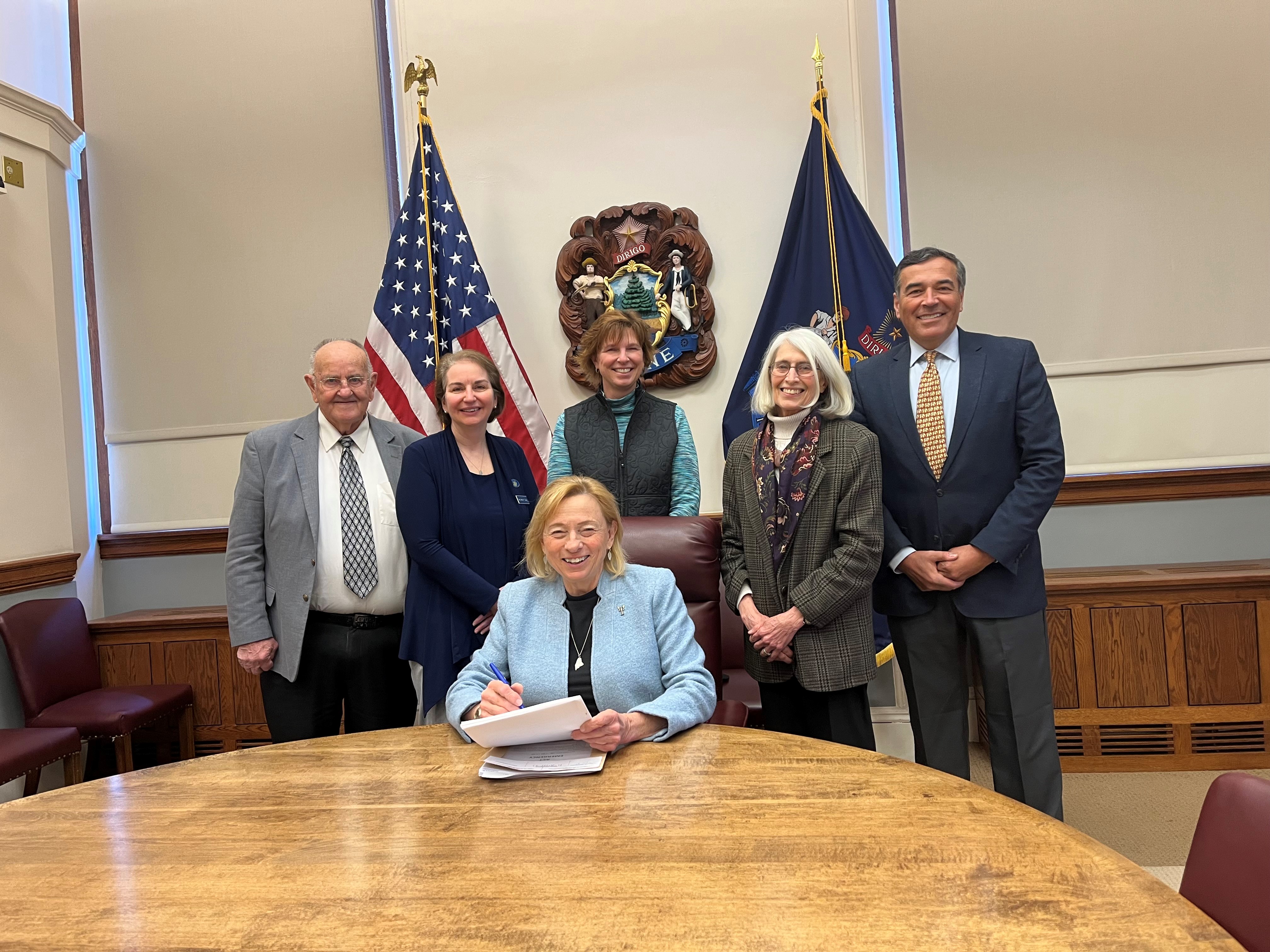Governor Janet Mills today signed the supplemental budget into law. The Legislature overwhelmingly approved the measure last week by a vote of 113-21 in the House and 24-5 in the Senate. It earned the unanimous support of the Legislature’s Appropriations and Financial Affairs Committee.
“The supplemental budget will help Maine nursing facilities, hospitals, small businesses, and others while keeping our budget balanced,” said Governor Janet Mills. “I thank the Legislature for its strong bipartisan support for the measure, and I look forward to working with them to craft a biennial budget that improves the lives and livelihoods of Maine people.”
Highlights of the supplemental budget include:
- Care for Older Mainers: $25 million in State ($6 million) and Federal funds to long-term care facilities, including nursing facilities.
- Support for Maine Hospitals: $25 million in State ($6 million) and Federal funds to support hospitals’ recovery from the COVID-19 pandemic.
- Small Business Health Insurance Relief: $6.5 million to extend from April to the end of July the Maine Jobs & Recovery Plan program that provides monthly payments of $50 per worker (more for families) to sustain affordable health insurance.
- Support for Retirees: $6.6 million in the supplemental budget for a one-time payment equivalent to a one percent cost-of-living-adjustment for Maine State Retirees, with an average benefit of $175 for approximately 37,600 state sponsored plan retirees.
- Portland Harbor Dredging: Maintains $10 million in the Maine Jobs & Recovery Plan for the potential dredging of Portland Harbor.
- Maine Commission on Indigent Legal Services: Authorizes the Maine Commission on Indigent Legal Services to increase rate of pay for rostered attorneys from $80 per hour to $150 per hour.
- Maine Milk Commission Study: $50,000 for a study to assess the cost of milk production in Maine based on costs and other financial factors in calendar year 2022 to be completed by December 31, 2023.
The measure also includes funding for increased fuel costs across state government and for improvements at state government owned buildings, among other items.
